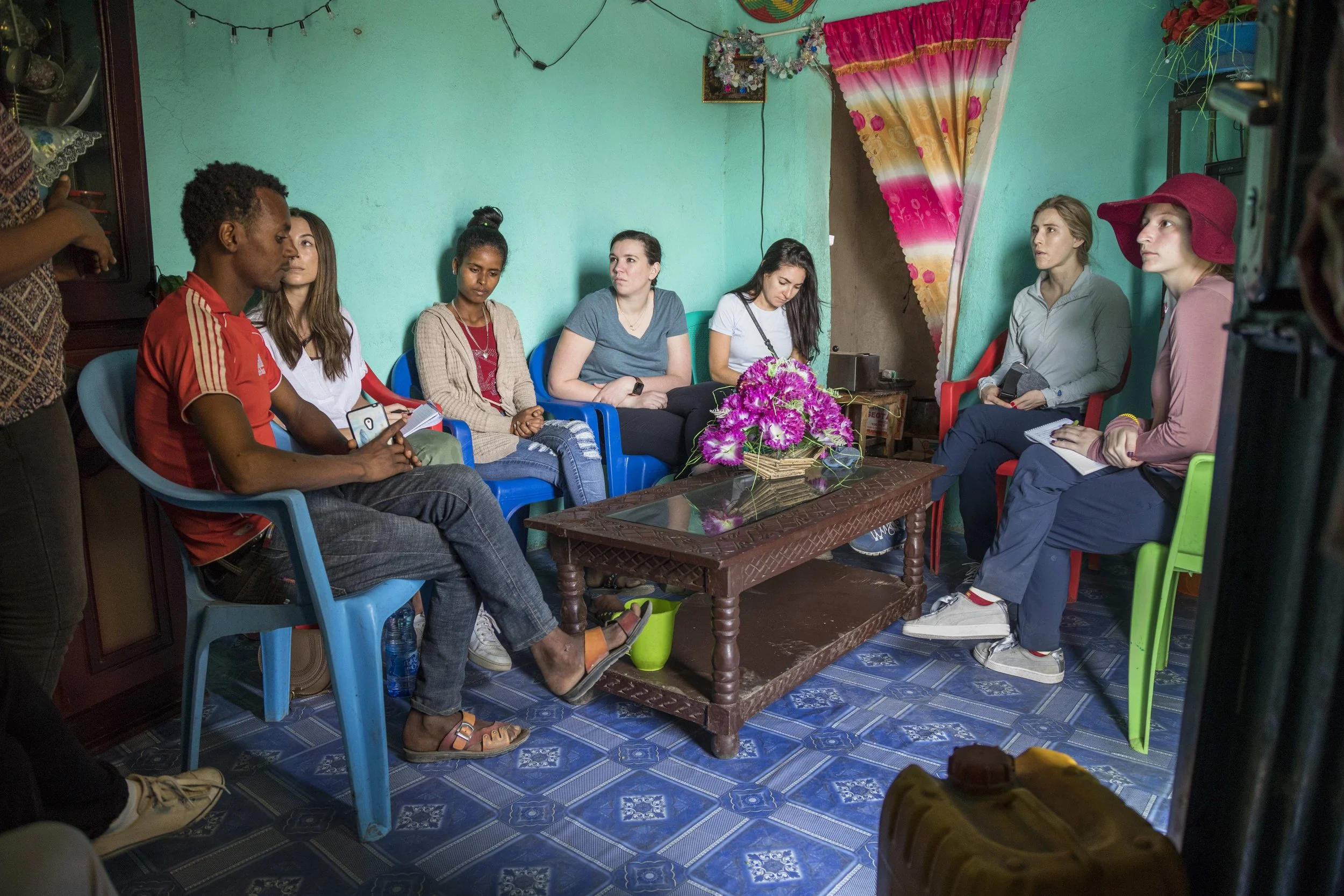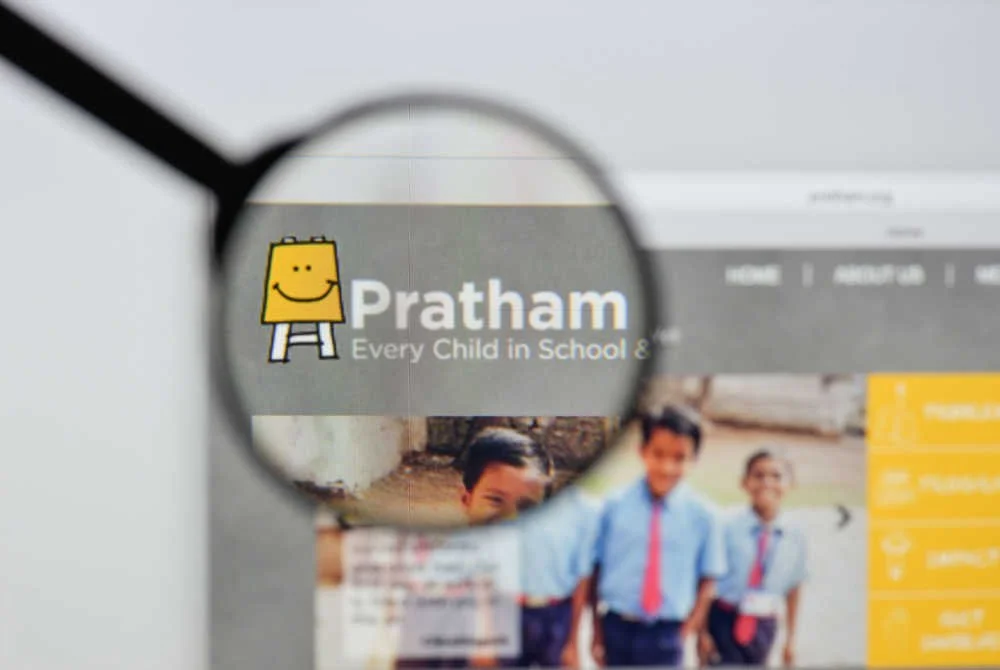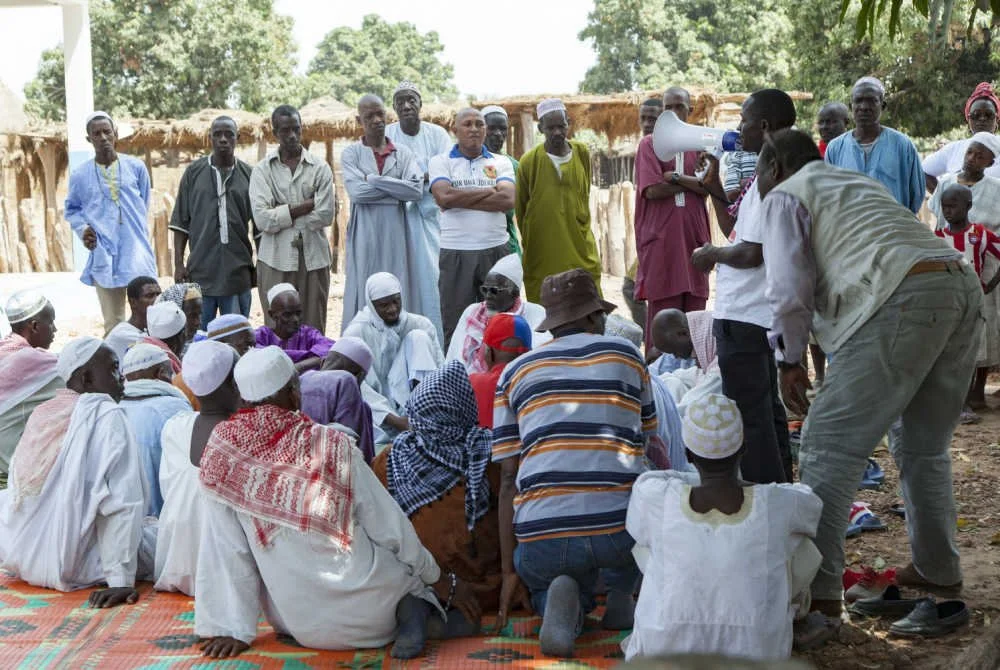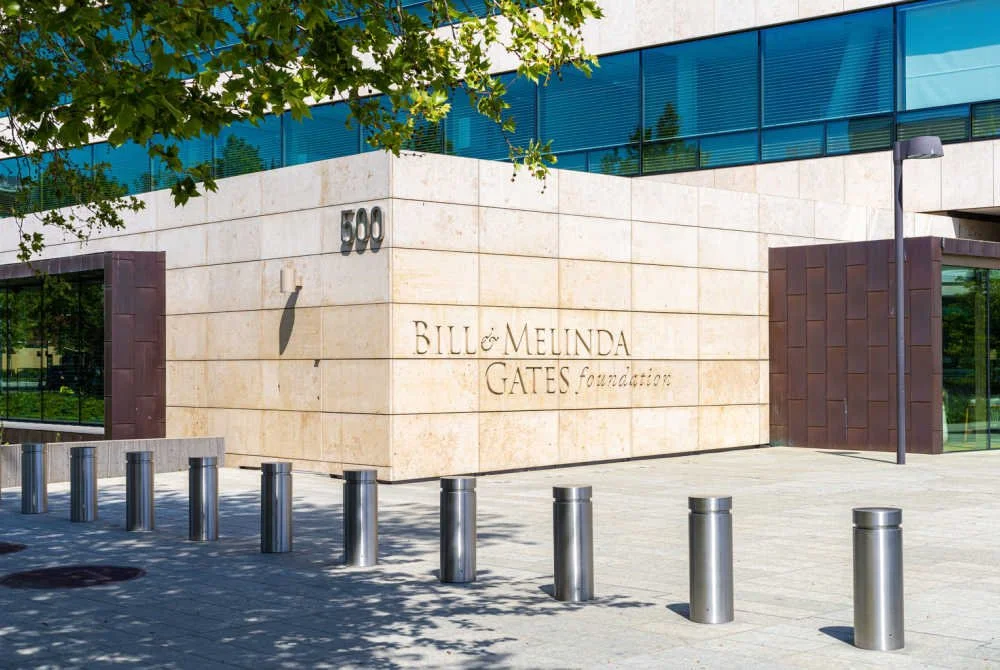A Problem We Can Solve: Who's Giving to Treat Clubfoot?
/Photo credit: miracle feet
Clubfoot is a congenital birth defect that causes a range of foot abnormalities. In clubfoot, the tendons connecting the muscles to the bone are shorter than usual, resulting in one or both feet turning inward and upward. Affecting over 1 million children around the world, clubfoot is generally an isolated health problem. It's also one that doesn't get much attention from global health funders. While the stories of those suffering from the condition are compelling, they aren’t enough to move very many funders into this space.
If you dig into grantmaking for clubfoot, you'll find miscellaneous grants here and there. For example, in 2014, the Rees-Jones Foundation gave $200,000 to CURE International to provide treatment for infants and toddlers with clubfoot throughout Ethiopia. A year earlier, the Passport Foundation gave $58,500 as a matching grant to launch and operate a program to treat clubfoot in southern Africa.
Fortunately, though, there's at least one heavy hitter in the clubfoot space: the Oak Foundation.
The Oak Foundation is a major funder with offices in Switzerland, Bulgaria, India, the United Kingdom and the United States. Its mission is broad and focuses on addressing “issues of global, social and environmental concern, particularly those that have a major impact on the lives of the disadvantaged.” Oak runs a number of grantmaking programs focusing on child abuse, the environment, international human rights, issues affecting women, and learning differences.
We've covered the Oak Foundation often, including its giving for ocean conservation, climate change, refugees and more.
Related:
- A Top Conservation Funder Shifts to Give New Attention to Fisheries and Plastic Trash
- A Global Green Funder Tries its Hand at Community-Level Climate Justice
- Who’s Stepping Up to Protect the Smallest Victims in the Refugee Crisis?
Clubfoot doesn't fit neatly into any of the Oak Foundation's programs, but it does have a Special Interest grantmaking program that reflects the giving interests of foundation trustees, covering a wide range of topics, including global health. Which brings me to MiracleFeet, the North Carolina-based outfit that recently received a $5 million grant from Oak.
The grant will be awarded over the course of five years and will go toward MiracleFeet and the Global Clubfoot Initiative’s 15-year plan to end disabilities caused by clubfoot worldwide. More of a challenge grant rather than an outright gift, MiracleFeet must raise $2 million in new funding over the next three years in order to be eligible for the Oak Foundation’s $2 million in years four and five.
The Oak Foundation has maintained a funding relationship with MiracleFeet since 2011, when it awarded the outfit a $250,000 grant to support its low-cost clubfoot treatment called the Ponseti Method. In 2013, Oak followed up with a larger $600,000 grant to help MiracleFeet expand its work in developing countries. And just last year, the foundation awarded MiracleFeet a $450,000 grant to work with the Zimbabwe Sustainable Clubfoot Program to establish a clubfoot treatment program in the country.
Oak’s latest $5 million commitment is quite a jump compared to previous funding. But clubfoot is one of the most common birth defects in the world, and those that suffer from the condition not only confront discrimination, but they are also at a higher risk of physical abuse, sexual abuse and neglect.
Clubfoot isn’t a pressing matter for many global health funders—making the support of funders like Oak that much more important. Chesca Colloreda-Mansfield, executive director of MiracleFeet, could not have put it better when she said, “Many of the world’s problems are overwhelming. This is one we can solve.”







































